
Mediterranean Diet: Mistakes When Doing This Diet
Did you know that there are mistakes when following the Mediterranean diet? Some of these mistakes are similar to the common mistakes people make when following any diet, but the Mediterranean diet is a little different because there are specific foods that need to be eaten and specific amounts of them. Also, the amount of certain nutrients can vary depending on your diet. The following article explains what errors are and what you can do to avoid them.
There are many mistakes that are made when following the Mediterranean diet. These errors are caused by ignorance on the part of people who start eating Mediterranean-style food without knowing how to cook it correctly. When we try something new, it is very difficult to know if it will be a success or a failure. The same goes for the Mediterranean diet.
Most diets have you eliminate all animal products, including meat. While this can reduce your intake of saturated fat and cholesterol, it will also reduce the amount of healthy protein your body needs. If you like fish, this is the right diet for you, but eating too much of it can cause problems. Meat can be inflammatory. Studies have shown that some types of red meat are more inflammatory than others, such as chicken or fish. So, if you follow a Mediterranean diet, be sure to choose grass-fed meat, which is leaner and free of inflammation; This is especially important if you are at risk for heart disease.
Mistakes when Making the Mediterranean Diet
skipping breakfast
One of the most common mistakes people make on the Mediterranean diet is skipping breakfast. At the beginning of the Mediterranean diet, about half of the day was not eaten at all, because people were so much healthier than they are today. People ate five or six small meals a day, which are big enough to give you energy. Breakfast was optional. It is not recommended that you continue to skip it, but it is important that you know the correct times to eat it.
Using Too Much Oil and Processed Grains
Another common mistake made on the Mediterranean diet is using too much oil and processed grains in dishes. The traditional Mediterranean diet is rich in whole grains, vegetables, fruits, legumes, seeds and nuts, which are rich in nutrients. Eating bread and pasta every day is not a necessity. Although oil is an important component of the Mediterranean diet, you should use olive oil for cooking and salad dressings, which are lower in fat than vegetable oils.
In the early days of the Mediterranean diet, many people believed that pasta was unappetizing. In fact, it was one of the main meals of the day. It was usually consumed with olive oil, which is a monounsaturated fat, meaning it has health benefits. Olive oil can be used in two different ways. You can eat the pasta with olive oil or you can dip the pasta in the olive oil.
Excessive Consumption of Dairy Products
Another common mistake in the Mediterranean diet is the excessive consumption of dairy products. Mediterranean people used to consume milk and cheese, as well as yogurt and cottage cheese, all of which were considered healthy. These types of dairy products were low in saturated fat, so they were often recommended as part of the Mediterranean diet pyramid.
Eating at Fast Food Restaurants
Fast food restaurants are not part of the Mediterranean diet. In fact, many times, the only food of the Mediterranean diet that you will find there will be salads. Although salad is an important part of any diet, especially the Mediterranean diet, eating salads with a lot of excess oil can be counterproductive. Olive oil is what gives you the calories in your salad.
Eat Sugary Snacks
For lovers of snacks between meals, the Mediterranean diet does not recommend excesses of nuts, seeds, chocolate and other sugary snacks. These sugary snacks can also have a sugary aftertaste, which means you end up consuming more calories without realizing it. Your goal should be to keep your calorie intake at the recommended amount per meal and limit your post-taste calorie intake as much as possible.

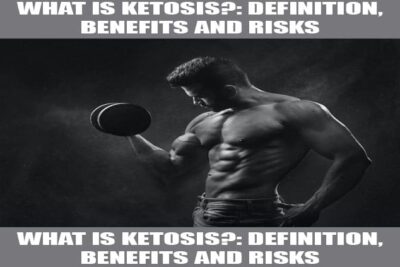
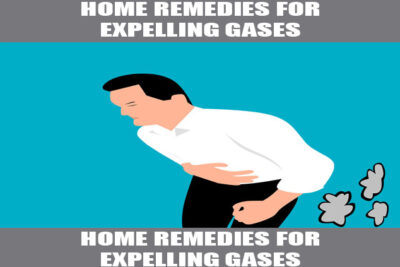
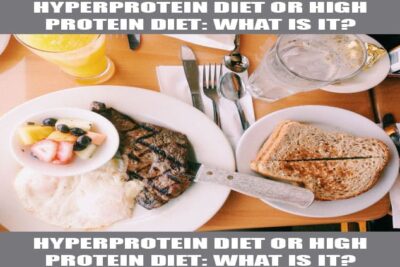

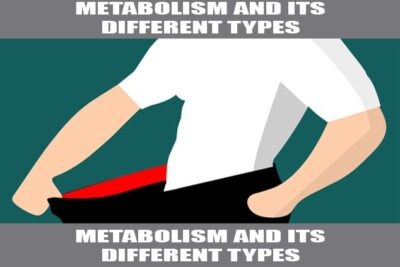
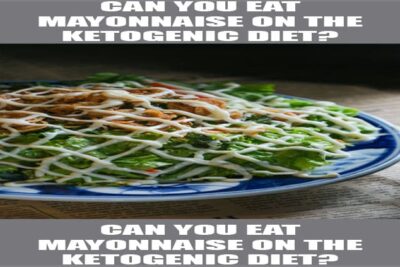


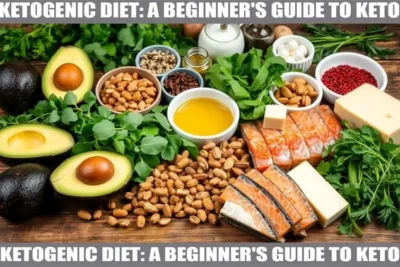
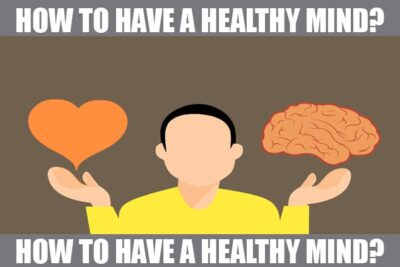
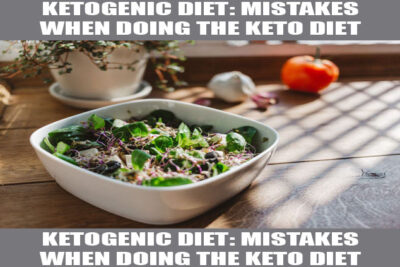


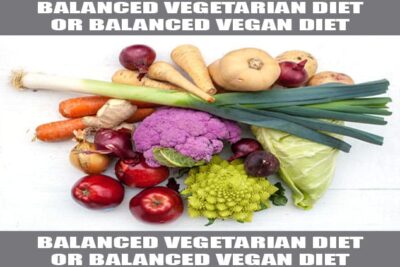
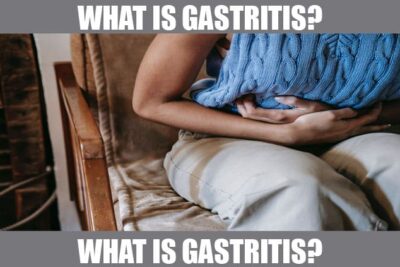

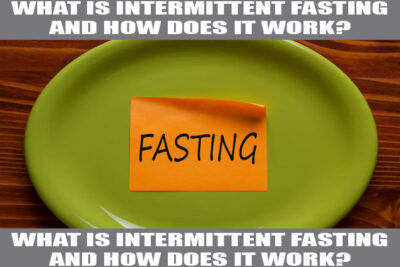

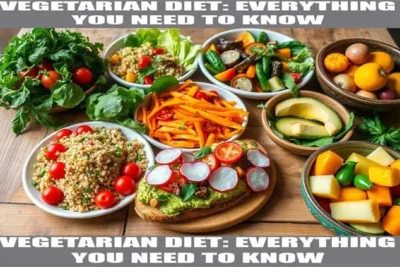

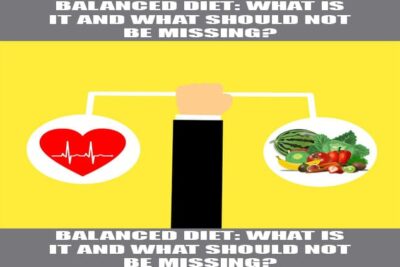
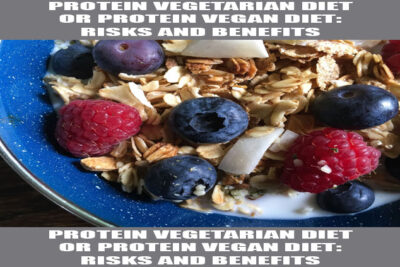
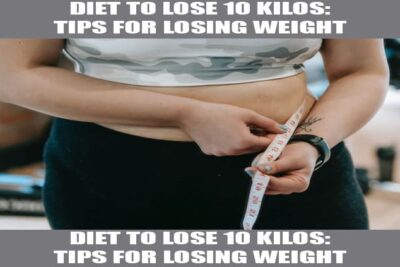
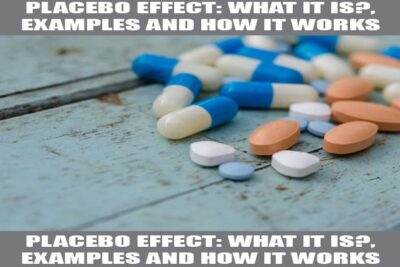
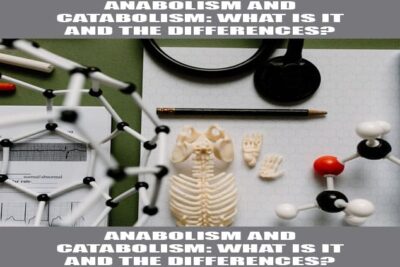


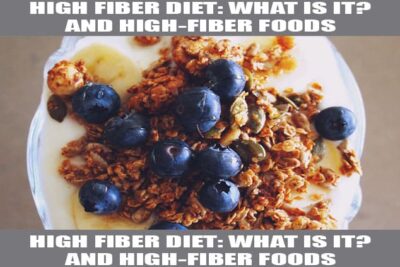
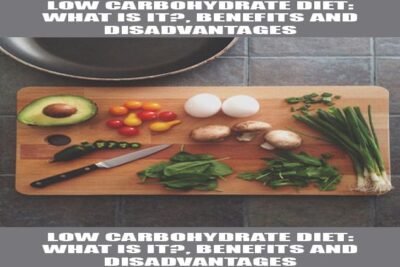
Content that may interest you